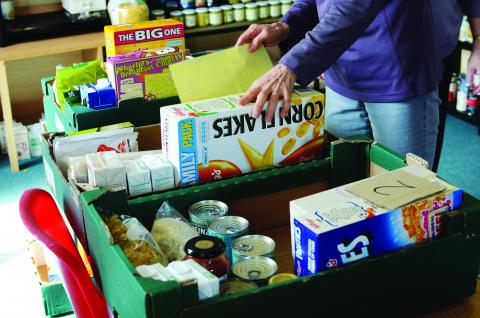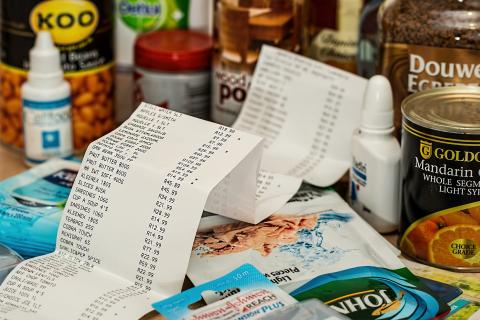What is Breadline Voices?
Breadline Voices is a series of true accounts and stories from people in this country facing the grim reality of food and fuel poverty, as food prices reach a 40-year high. The series will be spearheaded by a mum-of-four from Portsmouth, a single dad in Kent and a disability rights campaigner from the Hampshire. It will also feature insight from professionals including doctors and teachers who see first-hand the devastating impact the cost of living crisis is having on the people they work with.
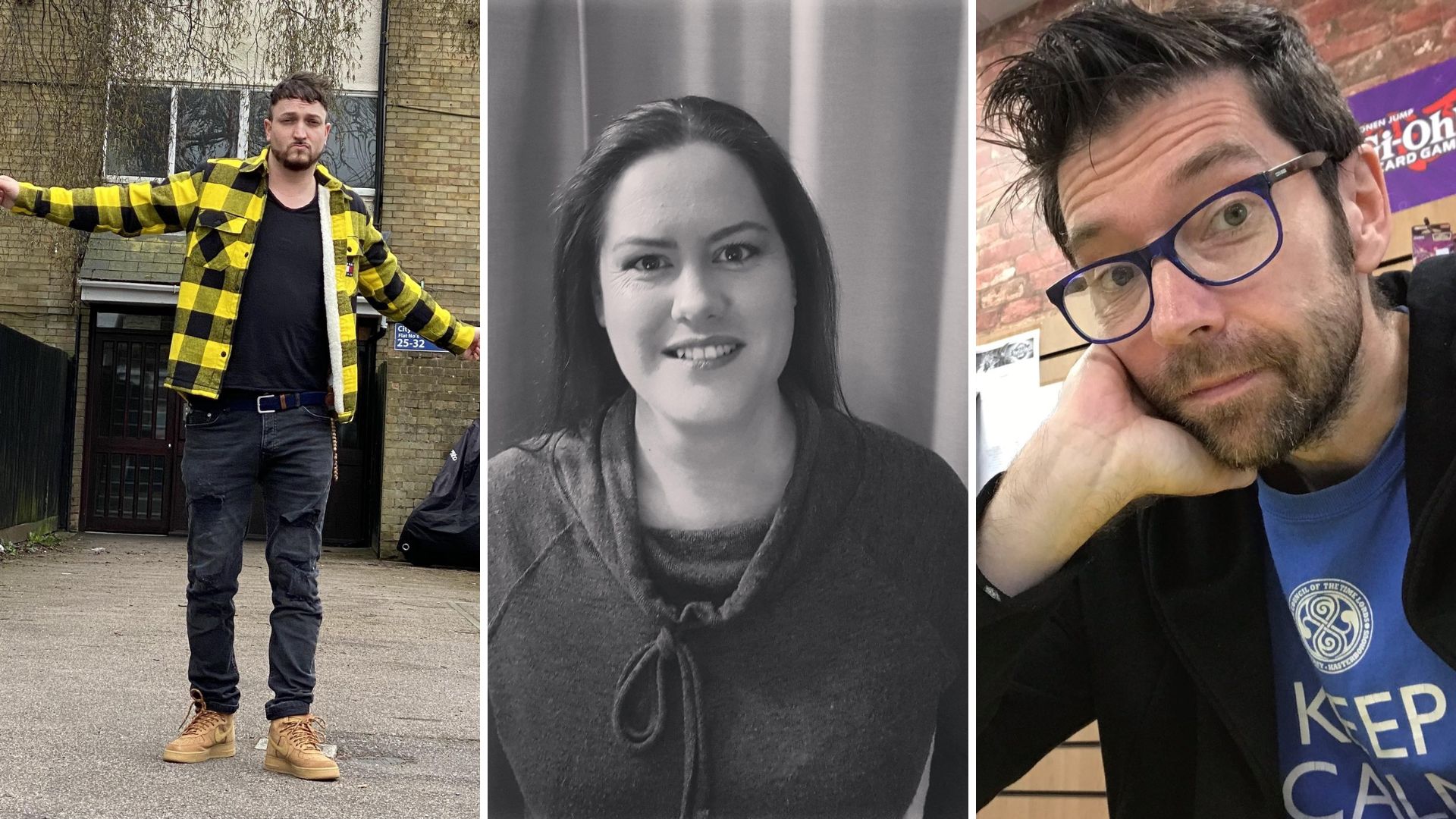
This series is part of our wider work exploring dietary inequalities in the food system as experienced by low-income groups, children, and other groups at particular risk of poor dietary outcomes, and what changes are needed to ensure healthy and sustainable food is affordable and accessible for everyone. For up to date insights and data you can visit our food price tracker and food insecurity tracker.
Learn more about the Breadline Voices writers
Dominic Watters
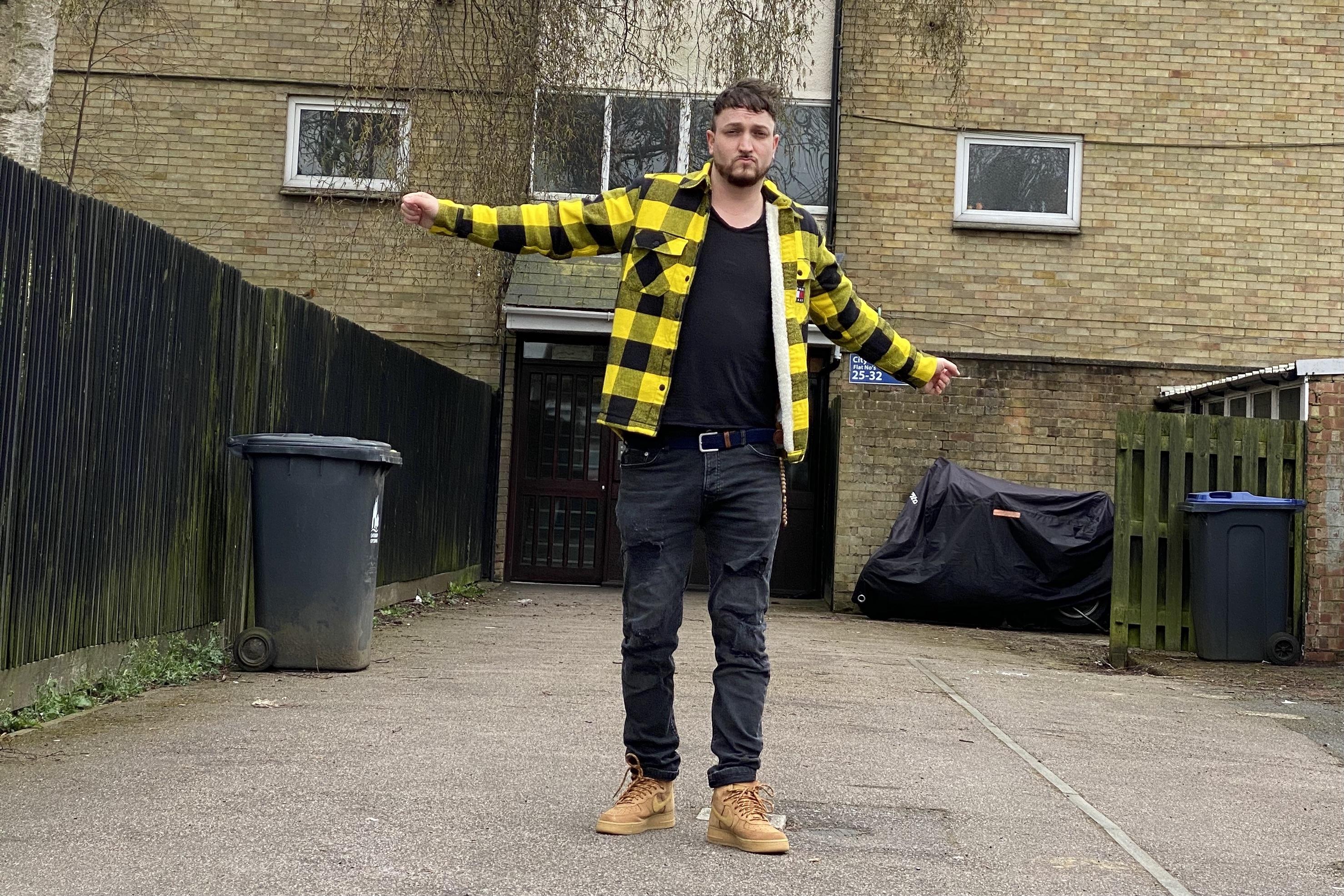
Dominic is a single dad living in a council estate block in Kent who "survives" on Universal Credit, child benefit, and Free School Meal vouchers.
His first book Social Distance in Social work redefined social distance between groups in society due to poverty, class, culture, and other factors. He is also developing a module that engages a voice of living experience and is emerging as an authority on poverty and food insecurity with academics and social work leaders endorsing his work.
Kathleen Kerridge
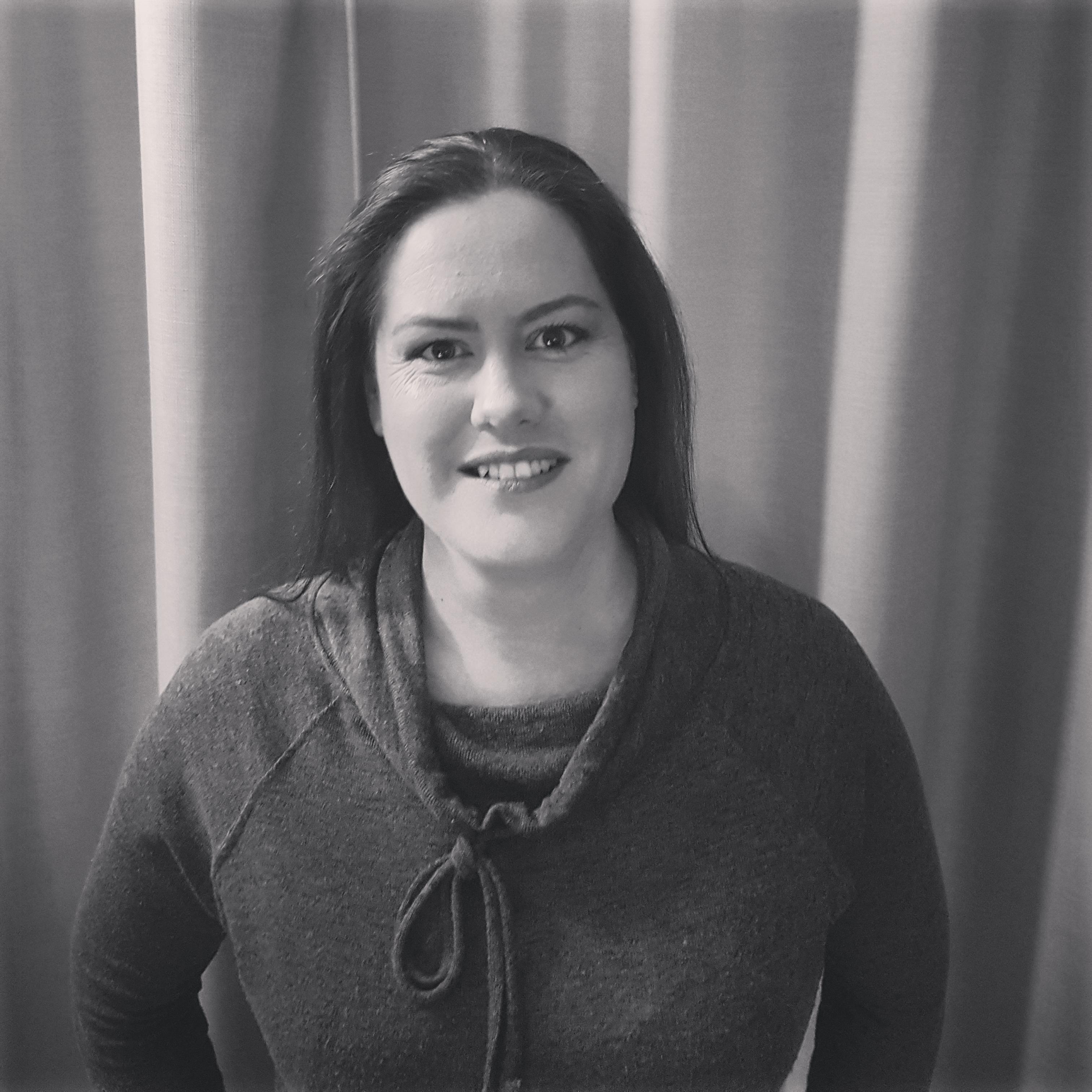
Kathleen Kerridge is an office manager and freelance writer from Portsmouth, and has been campaigning against Food Insecurity since January 2015 when she personally faced the realities of Food Poverty in modern Britain.
Dan White

Dan is the policy and campaigns officer at Disability Rights UK. He is a proud dad to his teenage daughter Emily, who is a wheelchair user and has won a National Diversity Award.
He is also a mental health advocate and accomplished author and has published a collection of poems shining a light on issues surrounding mental health, disability, and politics.

Related content
Stories from the breadline: key voices

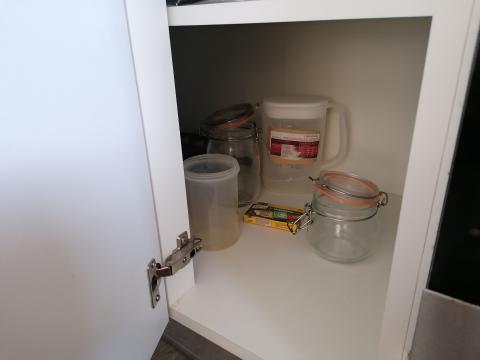
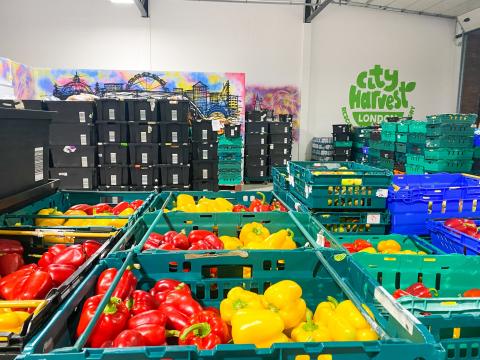
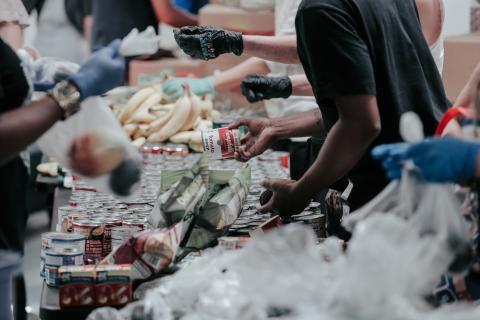
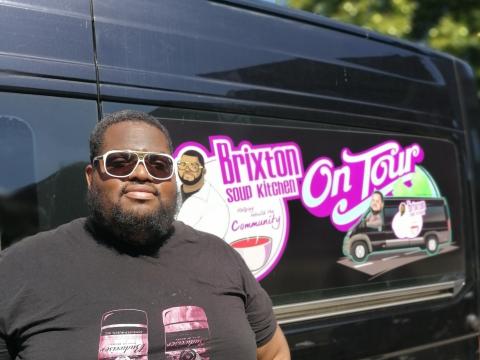
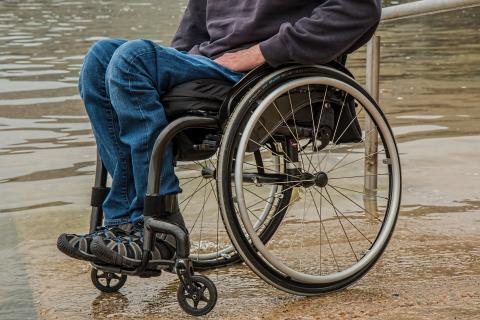
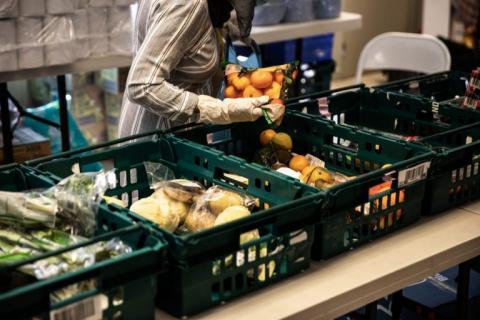
From the community: your voice
A selection of real life stories, accounts and thoughts about the impact the cost of living crisis is having in communities
Through my visits delivering food to the homes of many families in need of support I have seen the crisis they are living through. For example, whilst delivering sandwiches to a family I discovered they had no food at all for the day and were also unable to afford electricity. Unfortunately, this is a reoccurring issue I have seen many people face. A large number of the families I’ve visited are not living in council housing but are with private landlords who exploit them greatly. They are living in horrible conditions amongst vermin and rodents. The houses are crowded, being shared between multiple families, hosting 12-15 people. As well as all this the properties are not maintained to a liveable standard. Many of the people I am seeing are on benefits and unemployed, however, I am also meeting people who are currently working but are unable to get enough hours to earn a sufficient income to support themselves. The benefits they receive are not enough. They do not cover all their bills, forcing people to lie about their circumstances as they cannot live without them. With the cost of living crisis only getting worse and an increase in the number of people using the soup kitchen, I am worried as I cannot keep up with the increasing demand.
What's happening now with living expenses is like another pandemic coming on top of Covid. I came off income support 11 years ago. I had so much trouble with Job Centre people, I thought I would be better off trying to set up my own business making children's clothes rather than carry on trying to get a job. We have to live off £150 a week and from that I have to pay the council tax, electricity bills and food, and everything else we need. I just manage on the money as best I can and as I always have done, but I have been surprised by how fast prices are now going up. My son loves fruit and vegetables but they are really expensive if we eat them a lot, even if I always go to Aldi and Lidl which are the cheapest places to get them. We only eat meat about twice a year. I have a microwave and a pressure cooker which both mean I can cook things faster, and I have an electric hot air fryer, which also saves on power. It’s difficult and getting harder.
I’ve been volunteering here since October and it’s busier than ever. We prepare 70-80 meals a week for the community. I think politicians need to walk in the shoes of the people that come in our shop to see how much food really costs on the budget they have to live on. It’s not that people can’t cook or won’t cook, it’s about having the funds to pay for it. They’re scared to cook in case their gas or electric costs go up. Some of our guests are homeless so obviously they are totally reliant on what they get here or whatever they can buy out on the high street, so their diet is limited. One of them told me he can’t buy cooked vegetables anywhere so he can’t have a balanced diet so it’s all processed food. Another guest doesn’t have any electricity so she’s totally reliant on us for a hot meal and for some of them this is the only cooked meal they have in a week. We blanch cauliflower florets and put them into food bags and freeze them and customers buy them in the knowledge they’re not going to have to do much cooking so it helps cut down on that worry of paying for electricity. I’m sure if the supermarkets went back to offering fresh produce not wrapped in plastic and you took that plastic cost out that would help bring costs down and every penny counts today.
Living in 2022 as a young person is at the very least interesting. With the cost of living drastically increasing young people are left stressed, anxious and are upset about simply going to the shops to buy food. We have to sit and watch our parents stress over if they will pay for heating or food, we have to find the cheapest food option despite its quality, nutritional value or even if it tastes good. We have to sacrifice the carefree nature of childhood, because of the worry about the cost of living. Living just to survive is becoming almost impossible. Change is needed.
Students are already being forced to shop for food at pound shops and discount supermarkets. If food prices are going to continue to rise where are we meant to go? I know my diet is incredibly unhealthy but I can't afford most vegetables and fruit is a luxury I gave up long ago. I already have to work long hours in a bar for minimum wage just to survive and often don’t get home till 3am and wake up exhausted. If the current cost of living crisis continues to impact food and fuel prices, there will be no hours left in the day for me to study and I am worried I might not pass my degree.
I’ve seen the gas prices as well as fuel and electric have grown massively during the current period. I’ve also seen food prices have been going up. We used to come home from Tesco with at least four shopping bags and now we come home with only two, or even on some days one. This is horrendous and sad as most of the people that didn’t have much are now left with nearly nothing. This needs to stop as soon as possible as a lot of people could end up in food poverty or even becoming homeless.
In Glasgow's East End we are seeing families struggle to afford many groceries due to the fact that prices are increasing in stores we are also seeing that families are struggling to afford gas and electricity prices meaning we're seeing people reduce time and shower or time heating the house to afford the payments.
I feel trapped. Just coming to university is leaving me with a huge student loan and now I am getting into my overdraft every month and am having to borrow money from my family to survive. I am at the end of 2nd year now and still have two more years of my degree left. If I had known that food and fuel prices were going to soar I would not have taken on the debt of coming to college in the first place. I can't quit now as I would still owe money from the first two years, but I can see that I’m just going to fall further into debt before I finish my degree. Students need more support. It affects our mental health and I suffer from anxiety and depression.
My utility bills are absolutely mental at the minute. On average I use about 6-8p an hour on electric but if I put my boiler on that jumps to £1.20-£1.60 an hour. Who can afford that? I’ve got four kids and they’ve got families and they’re all struggling. Even my daughter, who’s working, and her boyfriend are struggling to pay the bills and he’s got a good job. My weight was down to 8 stone 12 a while back because I would go a day or two without eating sometimes. I now get help from a food bank. A lot of my friends are actually trying to save food, to put some by because there’s supposed to be more food shortages coming even if it’s just a bag or rice or a jar of Bolognese.
I am disabled. I eat four meals a week! I don't have access to food banks plus my dietary needs are not covered by food banks. During lockdown I received a weekly food parcel as a vulnerable disabled person. All I could eat out of the food parcel from the government was potatoes the other items I gave away as my diet does not allow those foods. I survived lockdown with one potato a day. Many like myself are silent about not eating as there is no help for us.
The number of people using the soup kitchen has doubled in the last couple of months, with an average of 100 people each week. Many newcomers are large. The number of users is soaring but there has been no extra funding, making keeping up with increased demand a great challenge. People are lining up, waiting for food, in the morning despite the soup kitchen not opening until midday.
Are you a journalist looking for case studies?
We've been compiling a database of people with lived experiences of food poverty and those working on the frontline of the cost of living crisis who are willing to speak with journalists in order to highlight the plight of those on low-incomes.
This includes case studies of people living and working in England, Scotland, Wales and Northern Ireland.
For more details, please contact Geoff Bew on 0203 576 1049 or email
Geoff.Bew@FoodFoundation.co.uk


"The closest supermarket is two miles away, and many of my neighbours aren’t as mobile as I am. Our access to only poor-quality food, on many levels, reflects the deprivation of where we live."
We need your voice
Send us your contributions
The Breadline Voices series feeds into The Food Foundation's work that influences policy changes to ensure that everyone in this country can access a decent, healthy diet.
If rising food and fuel prices are impacting you or your community please send us your experiences to be anonymously added to this page. All of these real life accounts will act as evidence to demonstrate the need for change to our Government.
